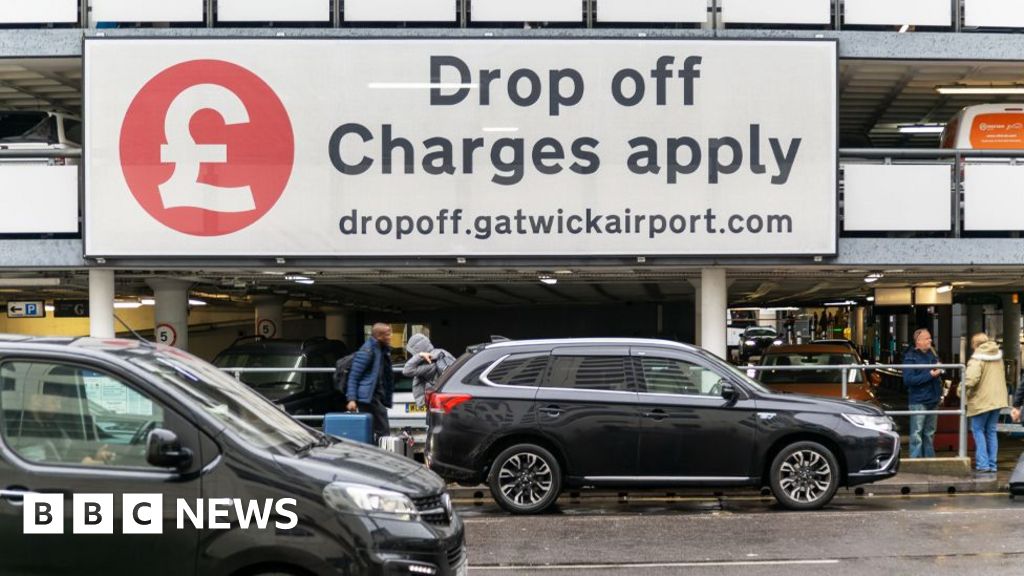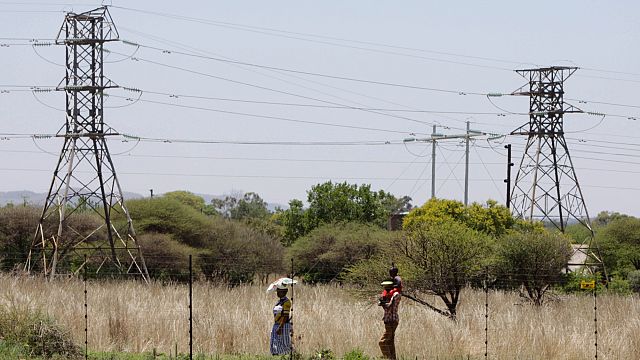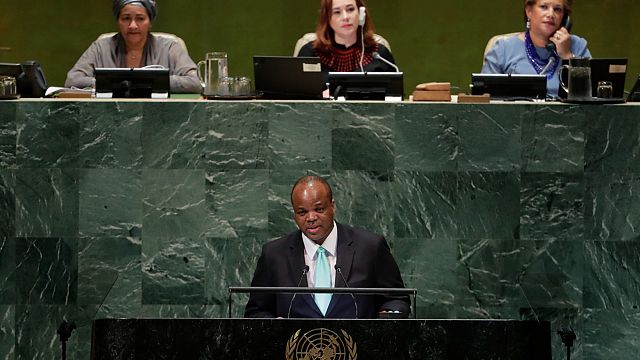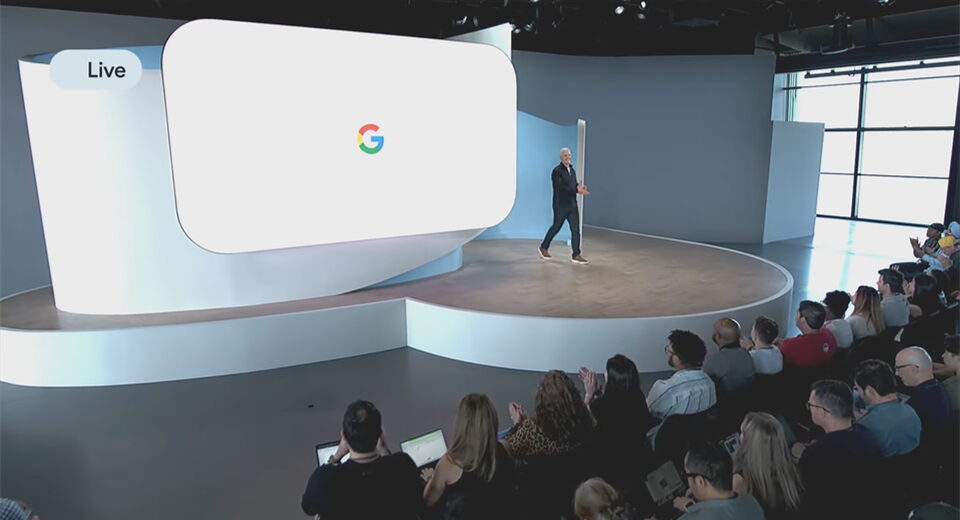Rum, Fisheries and a Sculpture Garden: The Quiet Winners in Trump’s Big Bill

When President Trump signed his marquee domestic policy bill this month, the central tenets of his domestic agenda — slashing taxes and cutting deeply into social safety net programs — became law.
So did a behemoth number of other narrowly targeted, little-noticed measures — some that might have seemed random — that hitched a ride on the legislation, several tucked in at the last minute.
There are tax breaks for the rum industry in Puerto Rico and the U.S. Virgin Islands, Alaska whalers and metallurgical coal; $300 million to help pay for protecting Mar-a-Lago and Mr. Trump’s other homes; lease increases for two major Washington-area airports; $150 million to help celebrate the 250th anniversary of the founding of the United States; and $10 billion for space exploration missions to the moon.
Republicans even crammed in the major elements of a stalled farm bill, with provisions that benefit big and wealthy farmers, especially those in the South.
Clocking in at nearly 900 pages, the size of the bill ballooned in part because of these unrelated measures, turning it into the type of legislation often derided on Capitol Hill as a “Christmas tree,” because it becomes adorned with ornaments, often parochial add-ons, meant to win over enough lawmakers to pass.
Some of the measures appeared aimed at helping individual senators, such as a new tax deduction for meals served on commercial fishing boats “located in the United States north of 50 degrees north latitude,” an apparent favor to Senator Lisa Murkowski of Alaska, who remained a holdout on the bill until the very end.
A provision allocating $85 million to move the space shuttle Discovery from a Smithsonian museum just outside Washington to a NASA-run museum in Houston appeared to be a shot in the arm for Senator John Cornyn of Texas, who is facing a tough primary challenge next year.
And though they were using special rules to steer around a Democratic filibuster and push it through Congress on a simple majority vote, Republicans also threw in major pieces of legislation that had been snarled by partisan infighting, including a slimmed-down version of the farm bill and money for the nation’s space programs.
Here are some of the unrelated goodies that made it into the bill.
The Tax Breaks
For people hoping to invest in the construction of a spaceport, there’s good news: interest earned on bonds used to finance them will now be tax-free. That change, which aligns spaceport financing with that of regular airports, was one of several industry-specific tweaks that Republicans made in the law.
Oil and gas drillers, for example, won a break from the corporate alternative minimum tax, which curbs companies’ ability to pay little or no federal income tax. Oil companies will now be able to write off more drilling costs and pay less even under the minimum tax, which Democrats created in 2022.
And investors in early start-ups will be able to cash in even more of their stock without paying any taxes. What was once a $10 million tax exemption for start-up founders and investors is now worth $15 million, with a tax discount available for investments in more companies and after a shorter period of time.
The governments of Puerto Rico and the U.S. Virgin Islands will see more money coming in the door from a change in the way rum exported from the islands is taxed on the mainland. Excise taxes collected on that rum have long been refunded back to the islands; the new law permanently increases the size of the refunds. Senator Bill Cassidy, a Republican from Louisiana — where sugar cane, the basis for rum, is a major agricultural product — had championed the issue.
There are other tax cuts that, while not hidden, could ultimately amount to strange giveaways. Children born starting this year, and through 2028, will receive $1,000 in a new, tax-advantaged “Trump account.” Congress could ultimately renew the $1,000 payments before they expire, but if it doesn’t, a group of Americans who happened to be born during Mr. Trump’s second term will enjoy a unique, government-funded head start on their life savings.
Parochial Giveaways
Ms. Murkowski may have come away with the biggest pot of benefits narrowly targeted to her state. Alaska-specific provisions include the tax deduction for fisheries’ business meals, a new tax exemption to fishermen from villages in western Alaska and a measure that would allow certain Alaskan whaling captains to deduct more of their expenses.
She also won a carve-out exempting Alaska from a new cost-sharing requirement that would force states for the first time to pick up the costs of the Supplemental Nutrition Assistance Program if they report a certain error rate.
In the Senate, Republican leaders included a measure that would revive and significantly expand a law for compensating victims of government-caused nuclear contamination who developed cancer and other serious illnesses. That was a measure long championed by Senator Josh Hawley, Republican of Missouri, who for weeks before the bill’s passage had said he was hesitant to support the legislation because of the impact it would have on Medicaid. He ultimately voted for it despite deriding the Medicaid cuts as “bad”; he has already introduced legislation to reverse them.
The expansion of the law meant that for the first time residents in Missouri, Tennessee, Kentucky and Alaska — sites where workers processed uranium for the nation’s nuclear program — who were exposed to nuclear contamination will be eligible for benefits.
G.O.P. senators also specifically targeted the airport authority that operates the Washington area’s two major airports, Dulles and Ronald Reagan National, inserting a provision that would force the Metropolitan Washington Airports Authority to pay the federal government twice as much as it currently does to lease the land the airports are on.
And even though the airport authority just signed a lease agreement through 2100, the legislation would override that, forcing the authority to renegotiate the lease every decade.
Trump’s Pet Projects
Lawmakers allocated $150 million to the Interior Department to “help celebrate the 250th anniversary of the founding of the United States,” a yearlong string of festivities Mr. Trump kicked off this month at a rally in Des Moines. Mr. Trump has suggested he will host a U.F.C. fight on the grounds of the White House to mark the occasion.
The bill also includes $40 million for the creation of the “National Garden of American Heroes,” a sculpture garden Mr. Trump first ordered established in 2021, in response to the removal of Confederate statues after the George Floyd protests for racial justice. At the time, Mr. Trump called it a “reckless attempt to erase our heroes, values and entire way of life” through “the tragic toppling of monuments to our founding generation and the giants of our past.”
He specified that the garden should include a variety of statues depicting iconic Americans in history, politics, the arts and exploration, including Alfred Hitchcock, Milton Friedman, Ruth Bader Ginsburg, Shirley Temple, Helen Keller, Antonin Scalia and Elvis.
The measure also includes more than $250 million for the restoration of the John F. Kennedy Center for the Performing Arts, which Mr. Trump has effectively taken over since he was sworn in for his second term. He has described the center, which opened in 1971, as in “tremendous disrepair,” and has called for a major renovation.
Stalled Bills Getting a Second Lease on Life
Republicans also stuffed in a number of measures that normally would be considered as stand-alone legislation, but had become stalled for various reasons. By including them in a reconciliation bill — a designation that is supposed to be reserved for packages that reduce the federal deficit — they avoided any messy debate or the risk of a filibuster on major bills.
One such measure was the farm bill, which provides a safety net for both farmers and low-income Americans struggling to feed themselves and their families. Lawmakers in Congress have been deadlocked for months over reauthorizing the sprawling farm bill, stuck in a dispute over how to pay for it. So Republicans folded some of its major elements into their tax cut bill.
They included several changes to the way federal farm aid is distributed, significantly increasing subsidies especially for large and profitable farms as well as farmers in Southern states. The bill eliminated a cap restricting farmers with incomes of $900,000 or more from receiving certain federal subsidies. And it raised federal subsidies for the largest producers of corn, soybeans, wheat, cotton, peanuts and rice, and allowed producers to claim subsidies for more acres of land.
Led by Senator Ted Cruz of Texas, the chairman of the commerce and science committee, Republicans also provided NASA with $10 billion in funding, adding money for programs meant to land humans on the moon and for the International Space Station. The Trump administration’s budget had proposed to cut NASA’s budget by almost 25 percent, and suggested retiring a specific rocket that the bill provides new funding for.
The bill also provided more money to help cover the cost of protecting Mr. Trump and his family. Lawmakers set aside $300 million to reimburse state and local law enforcement agencies for the “extraordinary law enforcement personnel costs” of protection of “nongovernmental” residences, a provision that appeared aimed at covering the security costs associated with Mr. Trump’s stays at his clubs in Florida, Virginia and New Jersey.
The bill also provided $1.2 billion for the Secret Service, money that lawmakers said they were moved to include after Mr. Trump survived two assassination attempts last year.
Reporting was contributed by Michael Gold, Brad Plumer, Maxine Joselow and Linda Qiu.
What's Your Reaction?
 Like
0
Like
0
 Dislike
0
Dislike
0
 Love
0
Love
0
 Funny
0
Funny
0
 Angry
0
Angry
0
 Sad
0
Sad
0
 Wow
0
Wow
0








































